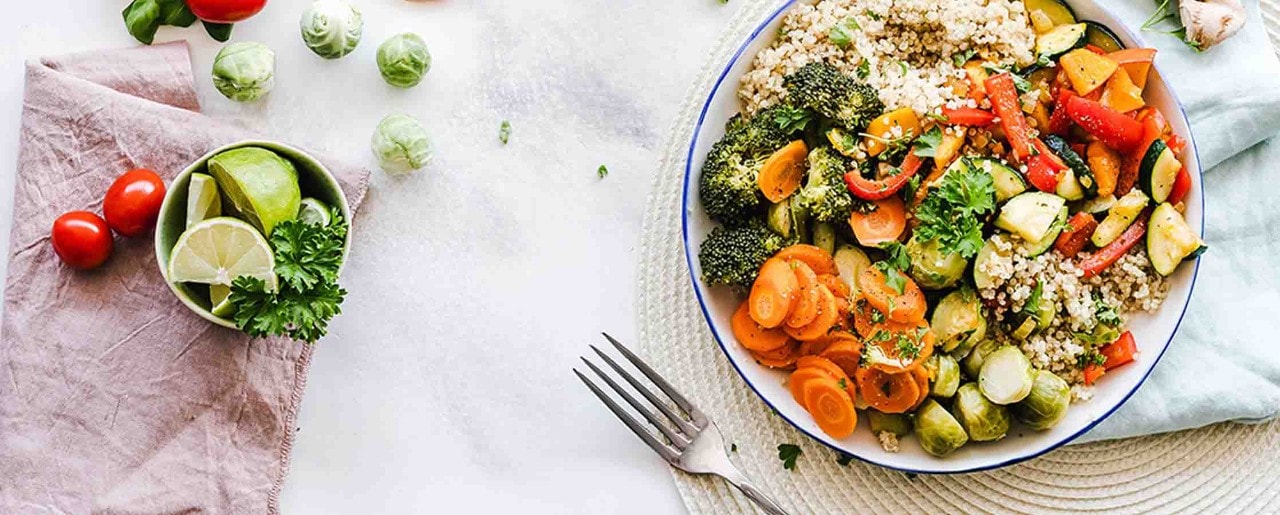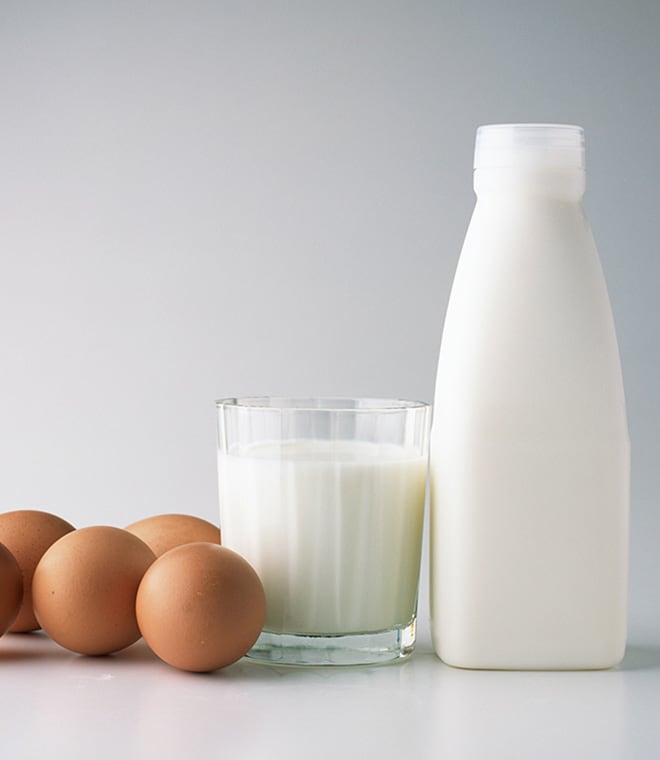Health
What are some foods to help constipation?
By Jenilee Matz, MPH Jun 17, 2025 • 3 min
Constipation is a common, albeit uncomfortable, problem. You may be constipated if you have fewer than three bowel movements per week. Stools may be hard, dry and difficult to pass. While it can be unpleasant, most cases of constipation are mild and resolve on their own. In fact, you can often prevent and relieve constipation by adopting a healthier diet and making other lifestyle changes.
Taking in enough fiber, drinking plenty of fluids and avoiding foods without fiber can help you stay regular.
1. Consume enough fiber: Dietary fiber is a type of carbohydrate. It aids in digestion and helps you feel full faster. Fiber adds bulk to stool and can increase how often you have bowel movements. Specific fiber needs vary between people, depending on age and recommended daily calories. In general, adults need 25–34 grams each day. Read nutrition labels closely, and opt for foods that contain at least 5% daily value of fiber per serving. Foods that naturally contain fiber include:
- Fruits, such as berries, apples, pears and bananas. Do not remove the skin from a fruit with an edible skin because the skin contains fiber.
- Vegetables, including broccoli, green peas, carrots, sweet potatoes and winter squash
- Whole grains, such as oatmeal, bran cereals, brown rice and whole grain breads and pastas
- Nuts and seeds, such as unsalted varieties of almonds, hazelnuts and pecans, and sunflower, chia and flax seeds
- Legumes, such as black beans, kidney beans, chickpeas, lentils and peanuts. Peanut butter contains fiber, too, but less than the amount in peanuts.
Make sure to increase your fiber intake slowly, generally by no more than 5 grams each day. Eating more fiber than you’re used to can cause bloating, cramps and gas.
2. Drink plenty of fluids: It’s important to pair fiber with fluids. Consuming high-fiber foods without taking in enough liquids can actually increase your risk for constipation. Staying hydrated makes stools softer and easier to pass. In general, aim for eight to 10 cups of water or other unsweetened beverages, such as prune juice without added sugars, each day.
3. Avoid foods with little to no fiber: Eating a low-fiber diet may contribute to constipation. Swap out foods with little to no fiber and replace them with fiber-containing foods. Examples of foods to avoid include processed foods and refined grains, such as white bread, potato chips and baked goods like chocolate chip cookies.
In addition to changing your diet, getting regular exercise can also help prevent and ease constipation. If lifestyle tweaks aren’t enough to bring you relief, an over-the-counter (OTC) laxative may help. If you have severe constipation, your healthcare provider may prescribe a medication.
Updated by Amy Magill, MA, RDN, June 2025.
Sources:
- https://www.mayoclinic.org/diseases-conditions/constipation/diagnosis-treatment/drc-20354259
- https://www.mayoclinic.org/diseases-conditions/constipation/symptoms-causes/syc-20354253
- https://medlineplus.gov/ency/patientinstructions/000120.htm
- https://www.eatright.org/health/wellness/digestive-health/nutrition-tips-for-relieving-constipation
- https://medlineplus.gov/dietaryfiber.html




